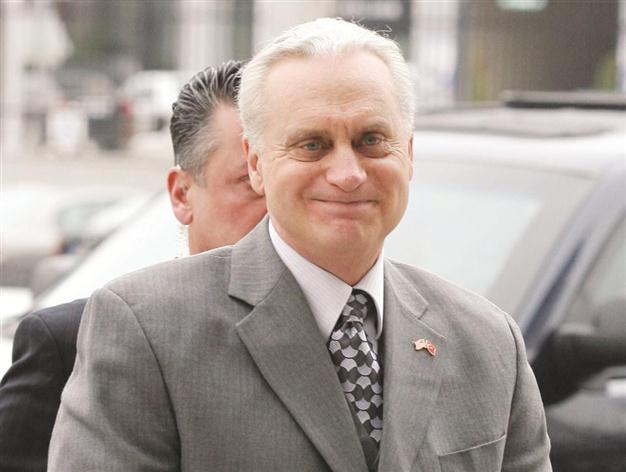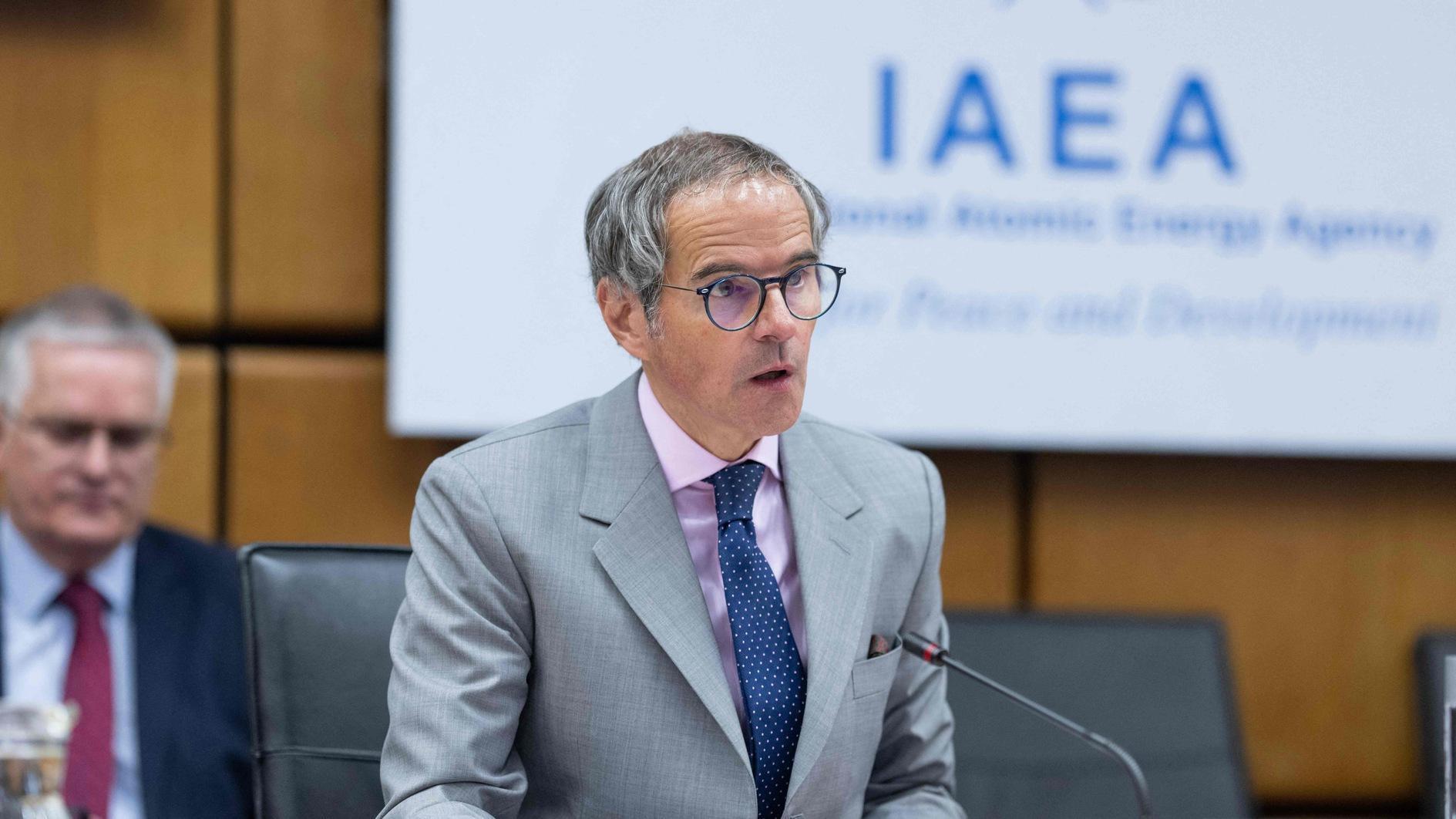US envoy to Turkey: Face ghosts of the past
ANKARA - Hürriyet Daily News

Francis Ricciardone.
Turkey must deal with the ghosts of the past if it wants to become one of the world’s top 10 economies by 2023, Washington’s envoy to Ankara has said following controversy over a French bill to criminalize denials of Armenian genocide claims.“Every great country has brilliant moments of which we are proud in our pasts and moments of pain,” Francis Ricciardone, the U.S. ambassador to Turkey, told a group of Ankara bureau chiefs late on Jan. 25. “We think that historians need to grapple with this in an open and honest way so that you can come to a full and frank acknowledgement of what happened. We believe that you are beginning to do that.”
The ambassador’s statement comes amid deep Turkish-French conflict over a law penalizing the denial of the 1915 events as genocide in France; similar attention over the claims affects Turkish-U.S. ties almost every day before April 24, the day Armenians commemorate the events.
“We like to see our friends get along and we hope that you will overcome this dispute,” Ricciardone said without commenting on the nature of the French legislation. Instead, he reiterated Washington’s objective of launching a new dialogue process between Turks and Armenians.
“There needs to be a conversation. You need to get the historians together on both sides. I’ve been glad to see since I’ve come back to Turkey this past year that there is much more public conversation and debate. It’s no longer a closed box,” he said.
“Turks have greater confidence now to look into the past and to a painful chapter and decide what it means. There is more contact between Turks and Armenians to wrestle with this terrible period of time. So we support that and we hope you will arrive at it,” he said.
No US involvement in Uludere tragedy
Journalists at the meeting also asked whether the U.S. had played a role in the Uludere tragedy, in which 34 people were killed in a botched air raid in Southeast Anatolia after being mistaken for militants due to incorrect military intelligence. Opposition parties have blamed the U.S. for the killings, saying its Predators provide visual intelligence to the Turkish military.
“Regarding Uludere, I can say clearly and uncritically that the United States, both in general and in particular on the Uludere, does not get involved in Turkish targeting decisions. So we have nothing to do with the target selection in Uludere,” he said. “A target selection is a question that’s up to the Turkish side entirely. And certainly Turkey does have its own capabilities regarding targeting.”
Iraq to solve own internal problem
Touching on Iraq, the U.S. ambassador offered a different view from Turkey on the growing sectarian divide in the war-torn country in the wake of the U.S.’ troop withdrawal. “Their internal affairs are their internal affairs. We certainly respect them. We can’t direct what they do. We never presume to do that. But we do support and encourage all sides to work together within the constitutional and democratic framework of the Iraqi state,” he said, adding they were in close cooperation with Turkey.
“We want to see Iraq stay [united and] rise above sectarian differences and solve their problems in a political, peaceful and democratic framework established under their constitution,” he said.
On the Predators’ use of Iraq’s airspace, he said: “Iraq is controlling its own airspace. I’d rather not speak in great detail as to the arrangements and understandings that are in place, but I can tell you that the United States respects Iraqi sovereignty over its land and air space. And certainly the government of Turkey and the government of Iraq are in touch with each other as well.”
On the early warning radar system deployed on Turkish territory, Ricciardone confirmed that it had become operational and described its goal as “working against all incoming hostile missiles that might be launched in Turkey’s direction.”
“Whatever the source, it’s part of the NATO system and is inherently a defensive system,” he said.
Sanctions against Iran
On Iran, Ricciardone said the only way to deal with Iran’s controversial nuclear program was to push it to cooperate with the International Atomic Energy Agency through diplomatic tools, namely sanctions.
While noting that they understood that Turkey did not feel obliged to enforce unilateral sanctions by the U.S. or the European Union, Ricciardone said they were satisfied with Turkish banks and companies response to those measures.
“We are satisfied that so far Turkey’s banks … and companies are paying close attention to the EU and the U.S. diplomatic efforts to show Iran it has a positive choice or a negative choice. And we hope that Turkish companies will continue to pay close attention to those things. And I think Turkish government will do nothing to discourage them,” he said.
On whether the U.S. would think about an intervention into Syria, the envoy said, “[The U.S.] is not at this time preparing any kind of intervention and that it would be better to first see how the Arab League and the United Nations will take the matter.”
















